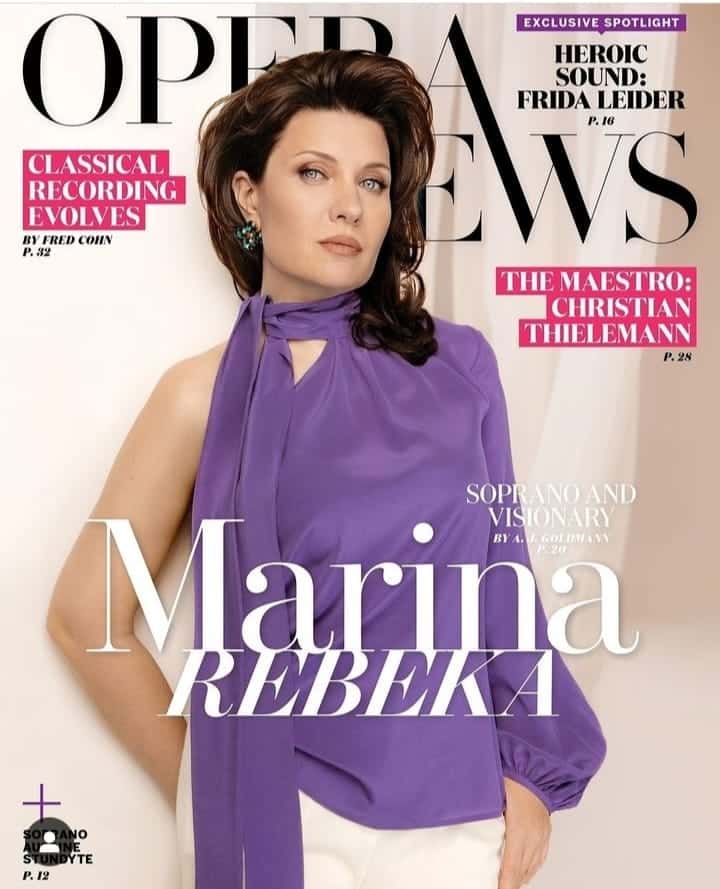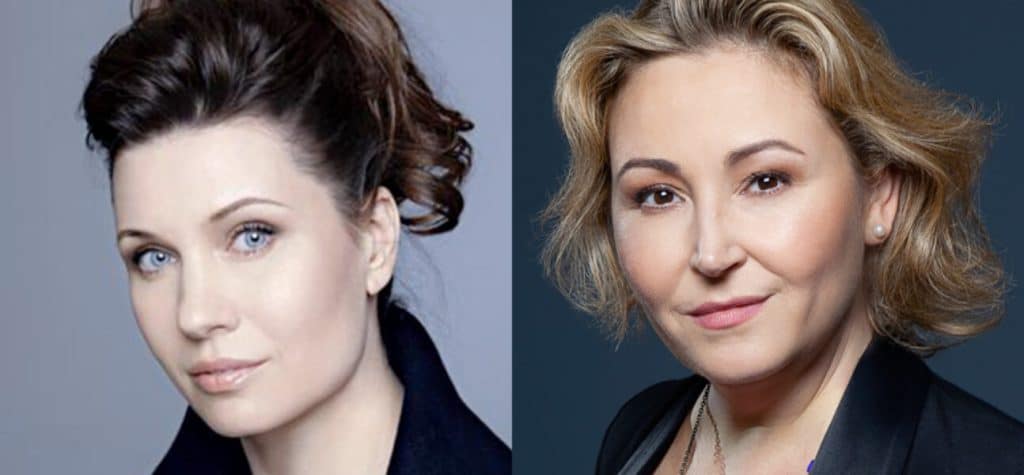
Five stars for a high-impact Médée at La Scala, Milan — review by James Imam / Financial Times
Maria Callas’s performances of Medea at La Scala in the 1950s and ’60s defined the way many contemporary opera-lovers listen to the work today. Those productions of Cherubini’s mythological work — written for Paris in 1797 — were in Italian, with
the spoken dialogue replaced with richly orchestrated recitatives, and the classical score conducted with the plodding weight of a Wagner opera, as the recordings attest.
On Sunday, Cherubini’s opera returned to La Scala after a 62-year hiatus, but as it had never been heard here before. This was the house’s first production of the original French version, Médée, with La Scala cutting the declamatory 1850s recitatives and substituting them with newly written dialogue that was prerecorded and relayed through speakers. The orchestra’s playing further stripped the score of excess fat, helping restore the work to its original classical proportions to ensure that the tragedy cut deep.
Ancient Corinth is the setting, the libretto recounting how the betrayed sorceress Médée murders her children and reduces a temple to rubble to avenge her ex-lover, Jason, on the day he weds another. Damiano Michieletto’s new production places the children at the centre, setting the action in a tapering, modern-day living roomthat looks larger than it actually is, as if seen from a young person’s perspective. Two ever-present children, silent extras, receive wrapped presents and shelter in aplayhouse, raising the stakes as we observe the full impact of their dysfunctionalparents’ behaviour.
As Médée succumbs to rage, Jason’s domestic realm falls apart, the pyrotechnicanti-heroine ushering plumes of stage smoke and scrawling a message on the livingroom wall, which eventually crumbles as if battered by a supernatural force. In the whispered French dialogue, written by dramaturge Mattia Palma, the children takestock of the developments with youthful naivety. The horrifying finale, relayed on avideo screen, shows Médée spoon-feeding the kids poisoned medicine at bedtimeas Jason frantically bangs on a locked door.
Some of the horror came from the pit. Rising conductor Michele Gamba’s reading of the score was transparent, compact and combustible where it needed to be. Bysteering clear of musical heft, he ensured that the natural structure of Cherubini’sscore could carry the drama, so that initial breeziness was gradually enveloped bydarkness, before bursting into a final diabolical blaze.
As Callas’s successor, Marina Rebeka had big shoes to fill, and proved equal to thechallenge. In an alternative approach to fire-and-brimstone interpretations of the past, she invested her clear voice with introspection and psychological nuance to provide engrossingly believable characterisation. She was duly showered withincandescent applause.
Perhaps inevitably, most of the other singers — Stanislas de Barbeyrac’s cocky Jason, Nahuel Di Pierro’s authoritative Créon, the Corinthian king, and MartinaRussomanno’s long-suffering Dircé, Créon’s daughter — were eclipsed by Rebeka’s triumph. Ambroisine Bré’s moving delivery of Néris’s aria, with mournful bassoon obbligato, was an exception, as were the chorus’s atmospheric contributions. With bold vision and skilful execution, La Scala has, finally, mustered a compelling production in which there is very little to fault. Catch it if you can.
★★★★★
To January 28,
teatroallascala.org







